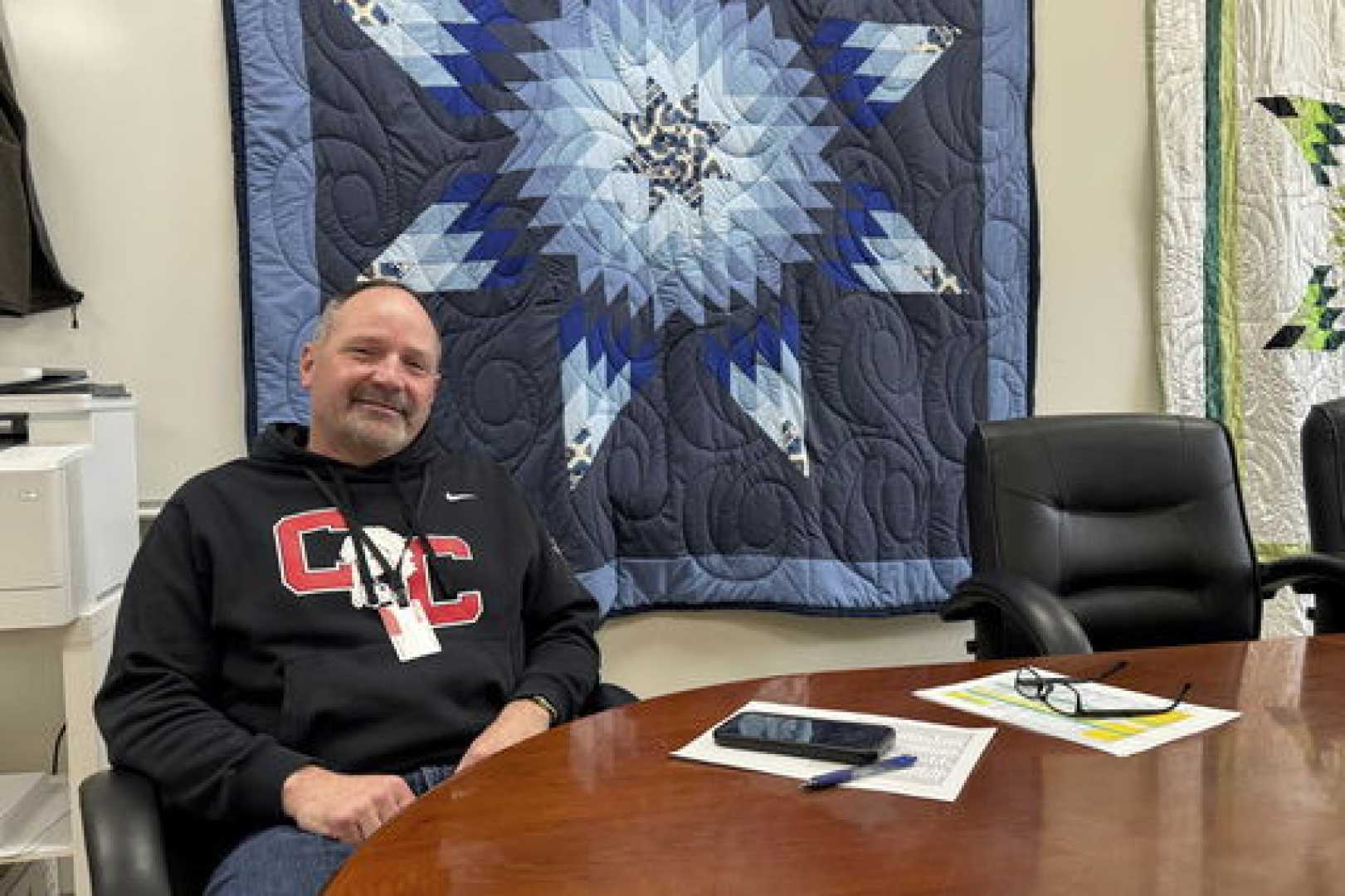Education
H-1B Fee Threatens Immigrant Teacher Recruitment in Rural Schools

ST. PAUL, Minnesota — When Rob Coverdale became superintendent of the K-12 Crow Creek Tribal School in South Dakota in 2023, he faced a significant challenge: 15 teaching positions were unfilled. By the end of nine months, he successfully recruited Filipino teachers under the H-1B visa program, allowing immigrant teachers to fill crucial roles in education.
“We’ve hired the H-1B teachers because we quite simply didn’t have other applicants for those positions,” Coverdale explained. “So they’re certainly not taking jobs from Americans. They’re filling jobs that otherwise just simply we would not get filled.”
However, a new $100,000 fee for H-1B visa applications threatens to complicate the hiring process for Coverdale and other rural leaders relying on immigrant workers in fields like education and healthcare. The fee was announced on September 19, with the administration claiming that employers were replacing American workers with cheaper overseas talent.
In response to concerns, the White House confirmed that the fee would not apply to current visa holders and offered a form for exemption requests. Yet, many schools worry this cost will hinder their ability to hire qualified professionals.
H-1B visas are often associated with tech workers from countries like India, where three-quarters of all approvals originate. However, Coverdale emphasized that teachers and doctors are critical roles that would be impacted by the new regulation.
In rural areas, the shortage of skilled workers is significant. Currently, one in eight public school jobs remain unfilled or are occupied by uncertified personnel. The American Medical Association forecasts a shortage of 87,000 physicians in the coming decade, particularly affecting small communities with limited resources.
Rural districts, which often struggle with lower wages and limited job opportunities, depend heavily on the H-1B visa program to sustain a skilled workforce. “It really is potentially the cost of the salary and benefits of one teacher, maybe even two, depending on the state,” stated Melissa Sadorf, executive director of the National Rural Education Association.
A coalition of educators and healthcare providers has filed a lawsuit seeking to halt the H-1B fee, arguing it would exacerbate current staffing issues in hospitals, schools, and other essential services. The Department of Homeland Security has refrained from commenting on the matter.
Coverdale noted locations like Stephan, where Crow Creek is based, have additional challenges in attracting workers due to geographical isolation. “The more remote you are, the more challenging it is for your staff members to get to your school and serve your kids,” he said.
Mary Joy Ponce-Torres, one of Coverdale’s hires, comes from a teaching background in the Philippines and now teaches history at Crow Creek. She described her transition as a significant cultural adjustment but has found a sense of community in Stephan.
In contrast, Sean Rickert, superintendent of the Pima Unified School District in Arizona, expressed his inability to continue seeking H-1B teachers if the fee is enforced. “I just plain don’t have the money,” he said.
Other alternatives, such as J-1 visas, are available to schools, but these often lead to high turnover rates due to their temporary nature. Superintendents like George Shipley of Bison Schools in South Dakota emphasize the importance of permanently filling positions to build stronger communities.
Lack of qualified staff forces teams to hire uncertified teachers or expand class sizes, which could potentially impact educational quality. Shipley conveyed concerns that the situation could lead to more online classes due to teacher shortages.
In healthcare, the impending fee poses a troubling landscape, particularly in rural areas. Bobby Mukkamala, president of the American Medical Association, stated that it could worsen the physician shortage crisis. Many physicians opt to practice in urban centers, leaving rural healthcare facilities vulnerable.
Leading medical organizations have pushed for exemptions from the fee, highlighting the strain on rural healthcare providers already facing challenges. “The variation between current fees and those proposed will drive smaller institutions out of the picture,” warned Allison Roberts, vice president of human resources at Prairie Lakes Healthcare System.
The H-1B program allows U.S. employers to sponsor visas for specialized foreign workers when suitable candidates in the domestic job market cannot be found. Advocates for education and healthcare in rural America hope to maintain access to this essential resource.












